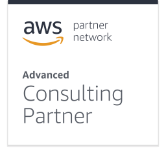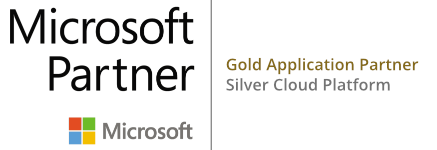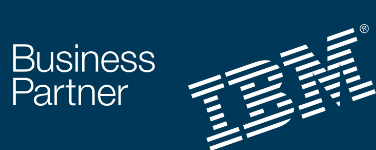[pods name=”webinar_bar” slug=”col1″ template=”Webinar bar col 1″]
Deliver better patient care and operational agility with data-driven insights
[pods name=”webinar_bar” slug=”col2″ template=”Webinar bar col 2″]
[pods name=”webinar_bar” slug=”col3″ template=”Webinar bar col 3″]
Healthcare data doubles every 3 years and over 80% of this data is in the form of handwritten scribbles, nurse notes, comments from clinicians, payment authorizations etc. Existing automation systems and newer AI and ML models have no way of processing information contained within this data.
Data readiness operations helps caregivers, healthcare administrators, payers, and providers convert and annotate this data into automation and algorithm-ready streams. This allows faster flow of information across multiple systems, faster care provision, better access to past insights, optimized procurements and other benefits across the entire healthcare enterprise.
In short, data readiness ensures that your ML and AI algorithms learn from reliable and relevant data sources and deliver better patient care and operational excellence.
Data readiness can help you be more nimble
Deliver faster, better and more contextual patient care by capturing and processing the right data.
Fast-track ML model lifecycle by using high-quality context-driven data.
Eliminate bias in care delivery and make your AI models more inclusive.
Convert unstructured data into raw insights that rival formal research.
Excellarate’s Data Readiness Assessment Process
With adaptive maintenance, Excellarate will perform any required modifications to your applications that result from changes to the operating system, software dependencies, hardware, or business policies of a related product, keeping your system up to date with little to no downtime.
- Management and governance. Identifying how data will be used in the short and long term, verifying data source availability (patient and operational data), and setting up ML Ops and technology.
- Provenance. Understanding data lineage, remediation, defect tracking, and enabling certifications of data quality.
- Compliance. Data profiling ensures compliance with regulations and privacy laws prevalent in the healthcare industry, and infrastructure setup.
- Preparation and transformation. Data curation and setting up data loading and ingestion infrastructure. Feature engineering, model preparation, training, and validation.
- Annotation. Labeling and annotating data based on its formats and context to deliver contextually relevant data sources.










